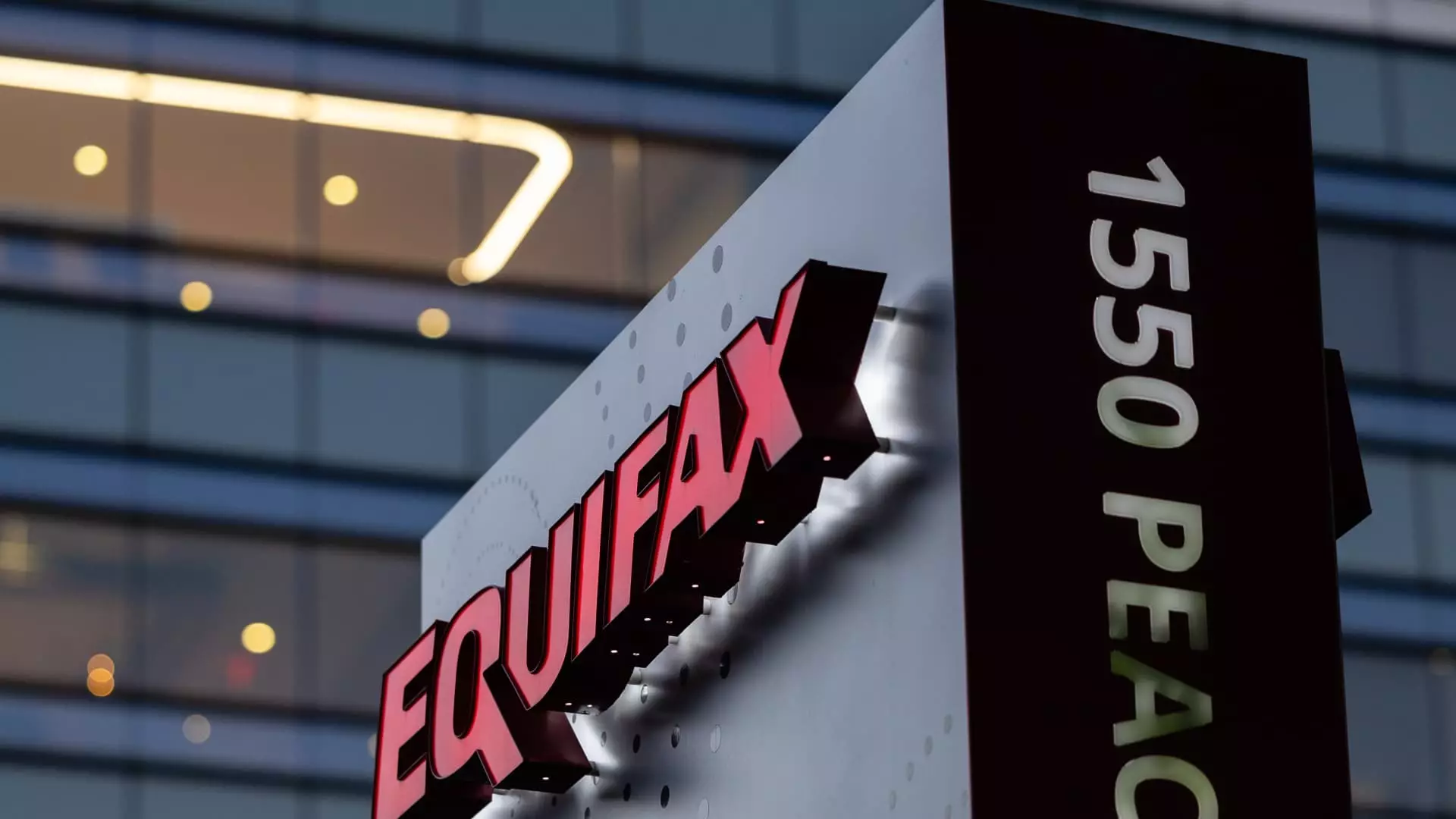In a significant move that highlights persistent issues within the credit reporting industry, the Consumer Financial Protection Bureau (CFPB) recently imposed a $15 million penalty on Equifax. This action followed allegations that the company mishandled consumer disputes related to credit reports, a critical component of personal finance. Equifax, along with its counterparts Experian and TransUnion, forms the backbone of the credit reporting system in the United States. These three agencies gather and analyze consumer credit data, which significantly impacts everything from loan approvals to housing applications.
The CFPB’s findings were alarming. The agency alleged that Equifax neglected to properly investigate disputed information, failed to consider relevant consumer documentation, and complicated matters by sending inconsistent communications regarding dispute results. This failure not only misrepresented consumer creditworthiness but also could have dire consequences, making it difficult for affected individuals to secure loans, obtain employment, or even rent an apartment. Such actions have a disproportionate impact on consumers, who count on the accuracy of their credit reports for various vital transactions.
The repercussions of erroneous information on credit reports can be catastrophic. Adam Rust, director at the Consumer Federation of America, emphasized that flawed credit reports could significantly affect a person’s financial opportunities and quality of life. This raises an urgent need for consumers to scrutinize the accuracy of their credit information regularly. Equifax alone processes approximately 765,000 disputes each month, and the CFPB has pointed to systemic failures that have existed since at least late 2017. These deficiencies have, according to the bureau, hurt millions of consumers—an assertion that underscores the urgency for reform within credit reporting practices.
Equifax had previously faced criticism due to a major data breach in 2017, which exposed the personal information of 147 million Americans. The company settled for $700 million. Now, this new fine illustrates that even years later, fundamental problems in operational practices have yet to be fully resolved. While Equifax claims to have invested over $1.5 billion to improve technology and enhance processes for consumer support, the continued scrutiny indicates that much work remains.
Given the precarious nature of credit reporting, it is essential for consumers to be proactive in monitoring their credit health. The CFPB advises consumers to check their credit reports at least annually or more frequently before engaging in any financial commitments, such as applying for loans or jobs. This vigilance is not simply a best practice but a necessary defense against possible errors that could tarnish their financial standing.
Complaints regarding errors on credit reports should be addressed formally and documented meticulously. Consumers are advised to submit disputes in writing, ideally through postal mail, as this method historically yields better resolution results than online submissions. Filing a complaint with the CFPB or the relevant state attorney general’s office can also increase awareness around the issues faced, pushing for industry-wide changes.
Rust also suggested including a personal statement regarding any disputes on their credit reports, which would ensure that future lending institutions are made aware of the consumer’s perspective on discrepancies. In extreme cases where disputes remain unresolved, individuals may need to consider legal recourse, particularly when such inaccuracies result in tangible financial harm.
The recurring issues within Equifax and similar agencies raise fundamental questions about the reliability and accountability of credit reporting systems. Chi Chi Wu of the National Consumer Law Center pointed out that these systemic shortcomings are longstanding, suggesting that they have persisted for decades without significant reform. This highlights an urgent need for stronger regulatory oversight and industry accountability to protect consumers.
Furthermore, the recent actions against Equifax may provide a catalyst for further investigations of other major credit bureaus, as evidenced by the CFPB’s previous lawsuit against Experian. These regulatory interventions serve not only to penalize poor practices but also to advocate for consumers at a time when financial stability is often tenuous.
Conclusively, the ongoing challenges with credit reporting indicate a pressing necessity for individuals to remain vigilant and informed about their financial standing. As more consumers recognize their rights and assert their demands for accurate representation in credit reports, the hope is for a potentially transformative shift within the credit reporting arena, fostering fairness and transparency for all.

